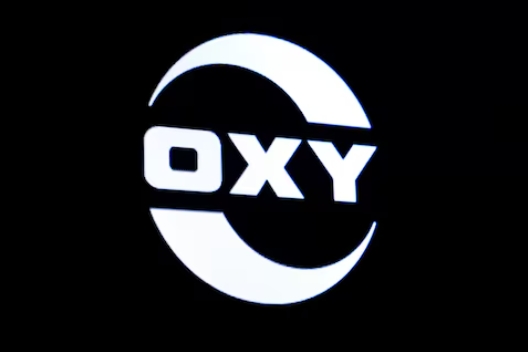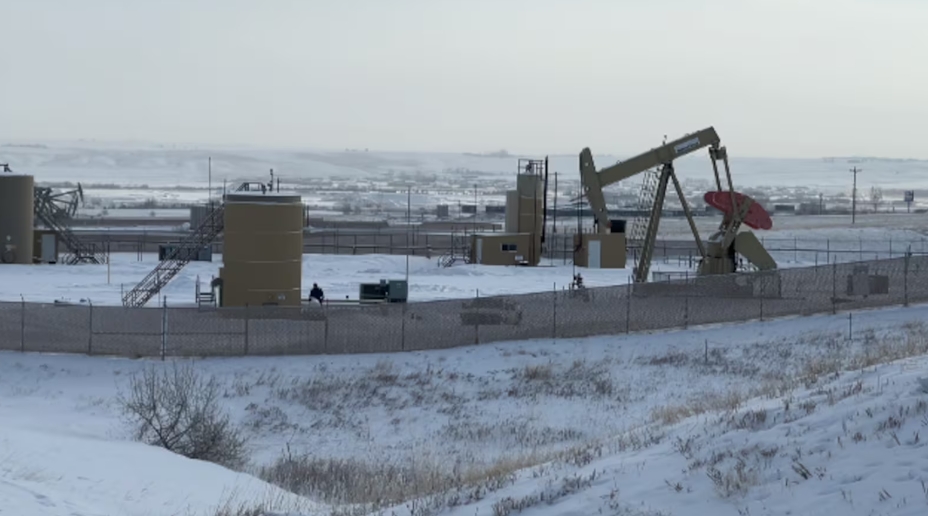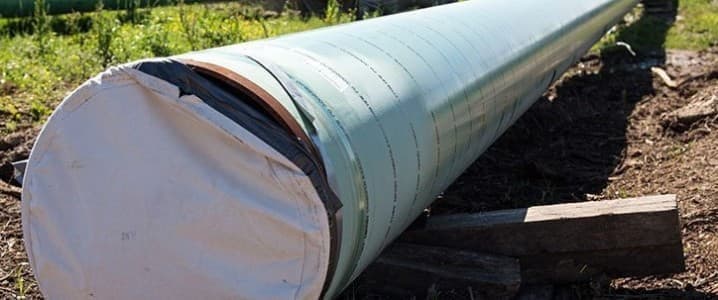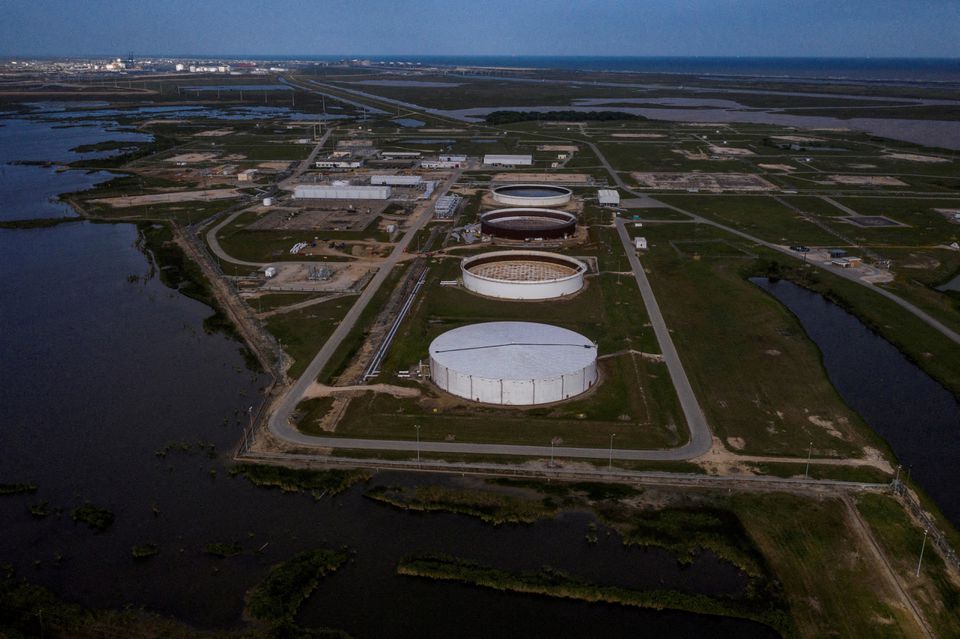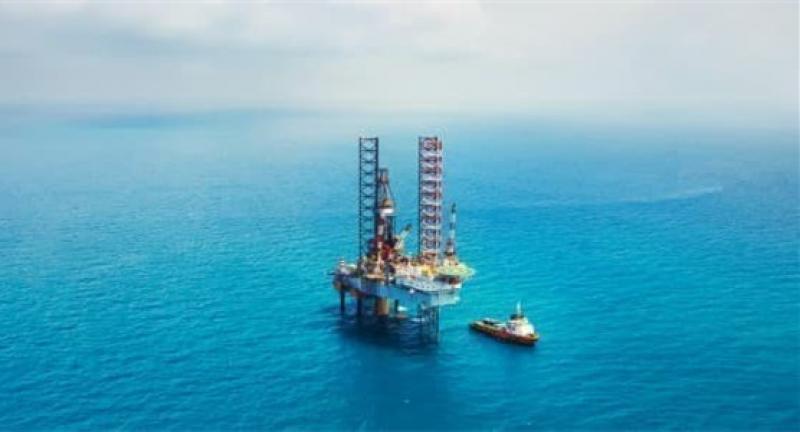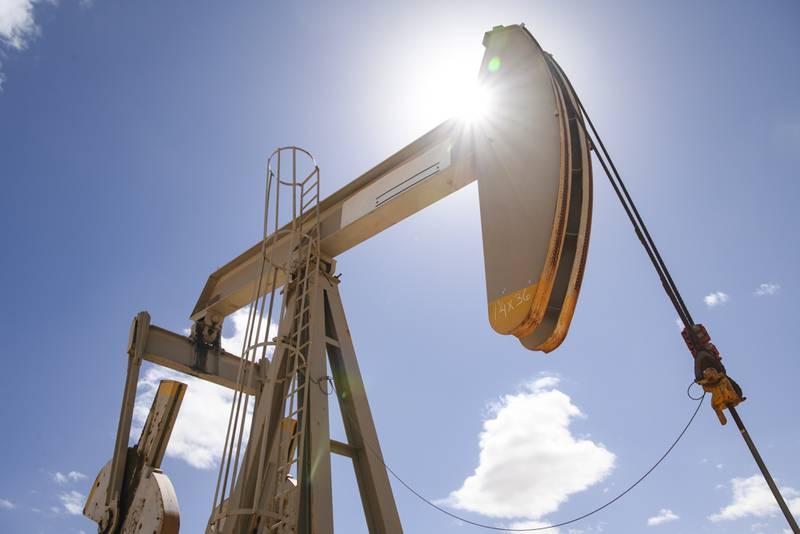
According to the EC, the measure will contribute to the achievement of the objectives of the EU Hydrogen Strategy and Fit for 55 package by enabling the creation of hydrogen transmission infrastructure that is needed to foster the use of renewable hydrogen in industry and transport by 2030.
The measure aims to facilitate investments in the construction of the HCN. Necessary investments include repurposing of existing gas pipelines to transport hydrogen and building new hydrogen pipelines and compressor stations.
The construction and operation of the HCN will be financed by hydrogen transmission system operators (TSOs), who will be selected by the German federal network agency Bundesnetzagentur.
The aid will take the form of a State guarantee which will allow the TSOs to obtain more “favorable” loans to cover initial losses in the ramp-up phase of the HCN, EC said, adding that the loans will be provided by the German national promotional bank Kreditanstalt für Wiederaufbau (KfW) at its own refinancing cost, below market rates.
The loans will be paid back over a period ending in 2055, with reimbursements being progressively backloaded in line with the expected increase in hydrogen demand, EC further revealed, pointing out that the estimated aid amount of €3 billion corresponds to the additional financing costs that the TSOs would have had to bear absent the State guarantee.
The first major pipeline is expected to be operational as from 2025, while the completion of the entire HCN is expected in 2032. The HCN will be regulated under the internal energy market legislation.
EC noted that the measure complements steps taken under the Important Project of Common European Interest (IPCEI) framework, specifically the IPCEI Hy2Infra, approved by the EC in February 2024, so that these will translate into a mutually reinforcing investment in hydrogen infrastructure in Germany and the EU.
Margrethe Vestager, Executive Vice-President in charge of competition policy, commented: “A core network of pipelines to transport hydrogen is crucial to trigger investments in hydrogen production and consumption, and can help accelerate the green transition. The German scheme approved today will significantly contribute to the development of a European hydrogen market while minimising any potential distortions to competition.”
In related news, this June, TSO bayernets revealed it is investing €210 million in the energy infrastructure in southern Germany, specifically a gas pipeline expected to meet the basic requirements for the transportation of hydrogen.
The pipeline will be linked to the planned SoutH2 Corridor, a hydrogen pipeline initiative led by European TSOs and identified as a Project of Common Interest (PCI) by the EU. From 2030, green hydrogen will be transported from Algeria and Tunisia in North Africa to the Austrian-German border point at Burghausen via this conductor and then distributed in Germany via HyPipe Bavaria.
